Michael Rawdon rated Vallista: 4 stars
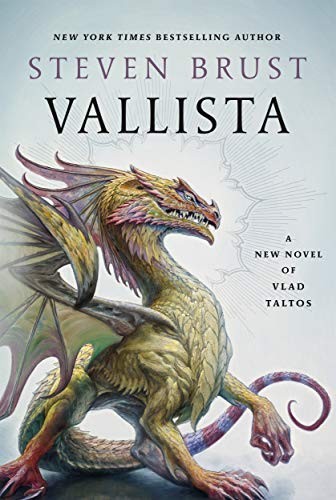
Bay Area programmer guy. Lifelong comic book reader, also a big fan of comic strips and webcomics. In prose I mostly read science fiction with a smattering of fantasy, horror, mystery and the occasional nonfiction book. My cats help.
This is my Bookwyrm account. For Mastodon, try @mrawdon@sfba.social
This link opens in a pop-up window


Centuries-old detective Dorothy Gentleman serves as the charming narrator for the ebullient first foray into speculative fiction from romance author …
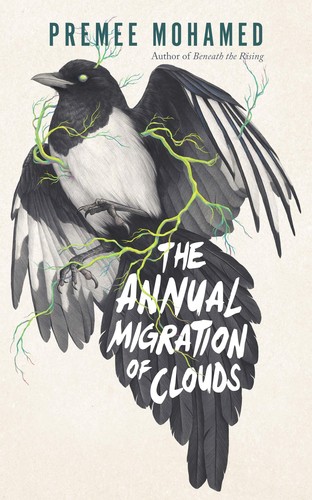
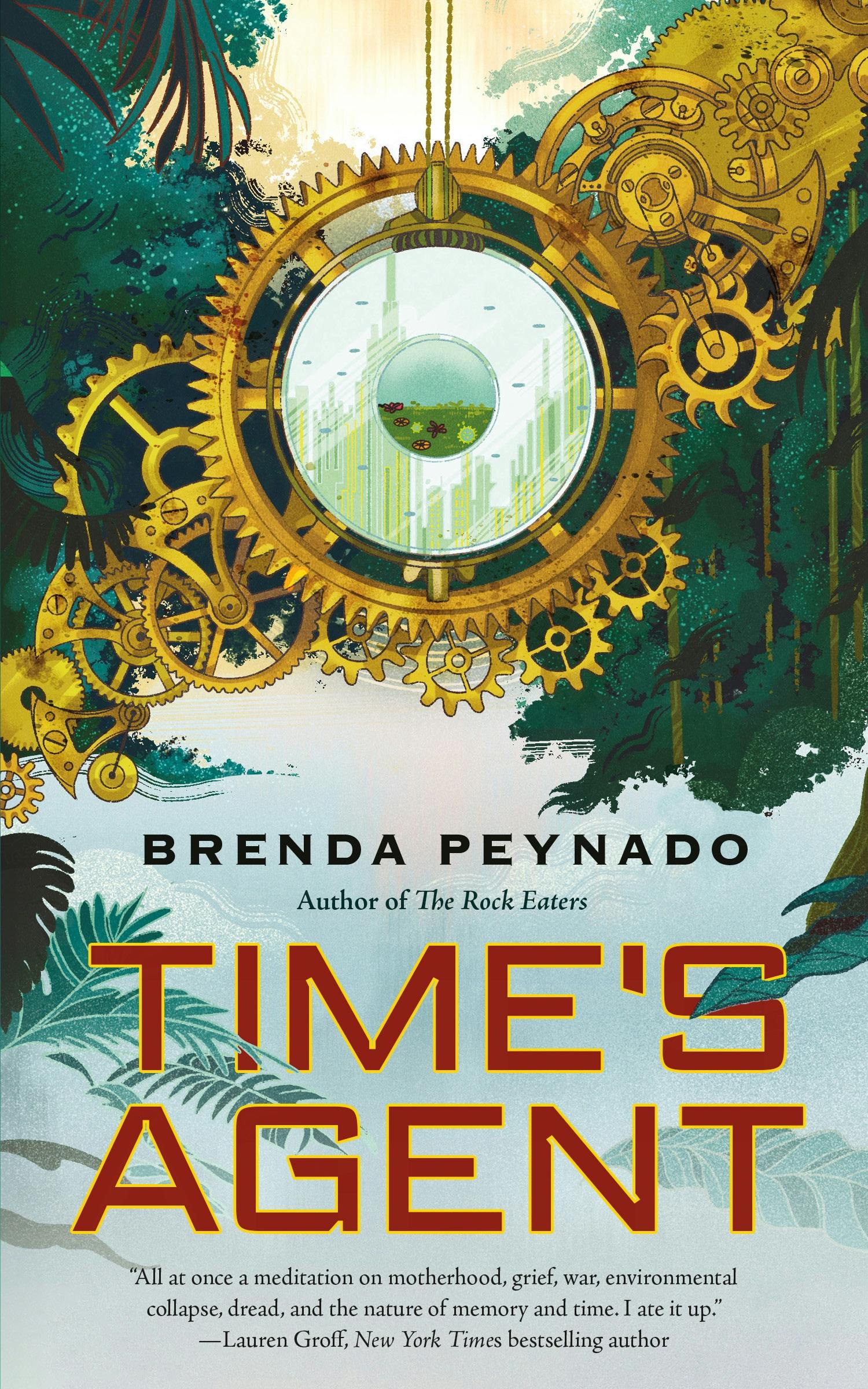
A multiverse story of love, loss, time travel, and final-stage capitalism from award-winning author Brenda Peynado.
Pocket World—a geographically small, …
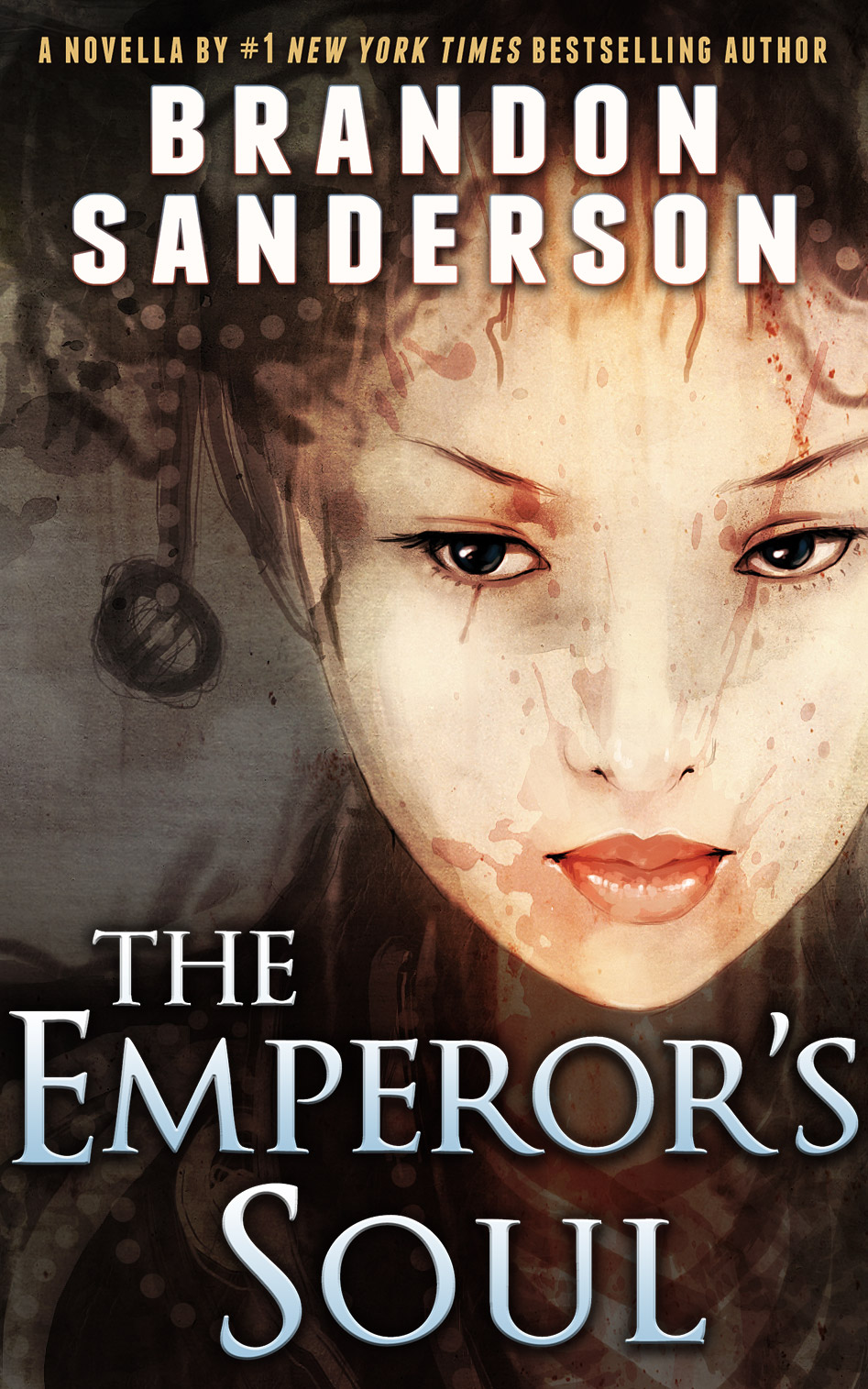
When Shai is caught replacing the Moon Scepter with her nearly flawless forgery, she must bargain for her life and …

Vlad Taltos has a price on his head. It isn't the first time, but what's new is that the entire …
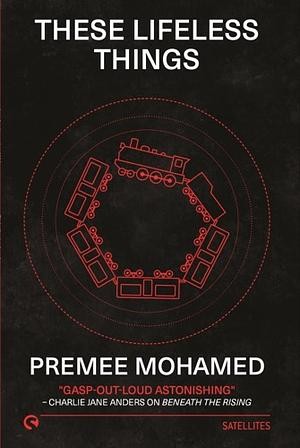
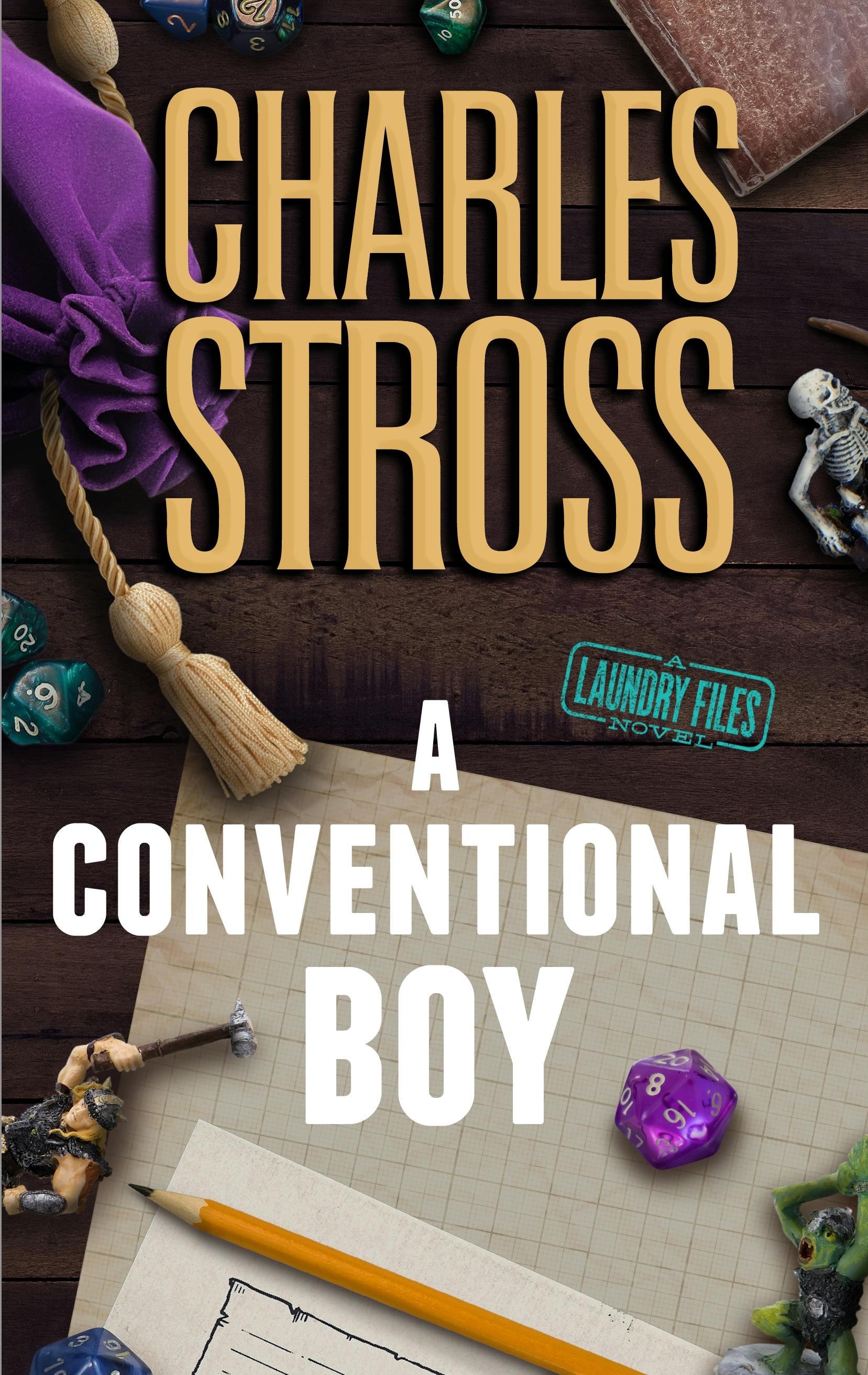
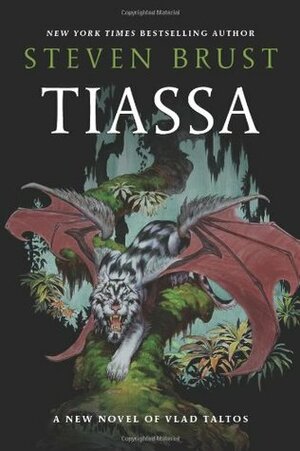
Long ago, one of the gods fashioned an artifact called the silver tiassa. To Devera the Wanderer, it's a pretty …
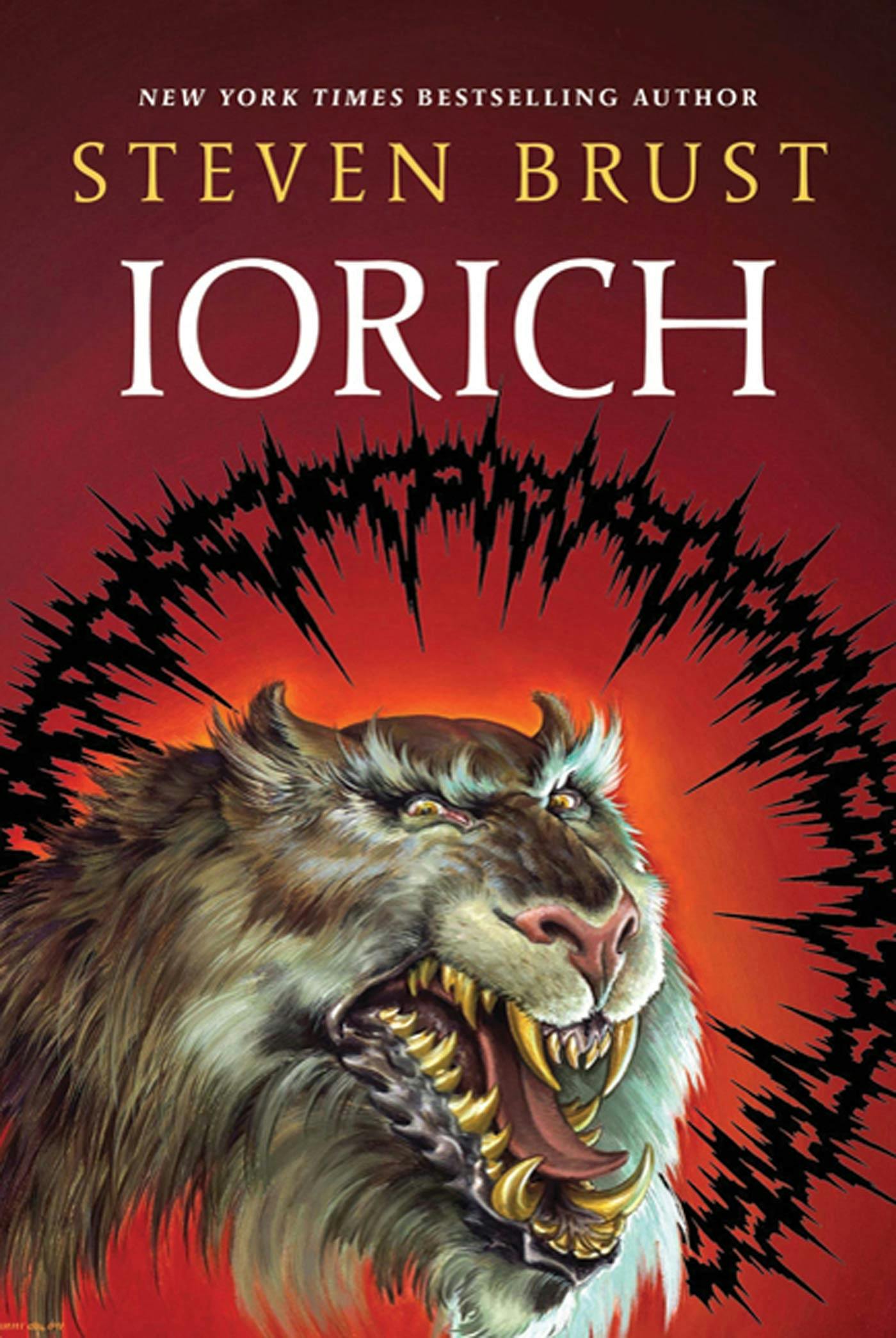
House Jhereg, Dragaera's organized crime syndicate, is still hunting Vlad Taltos. There's a big price on his head on Draegara …
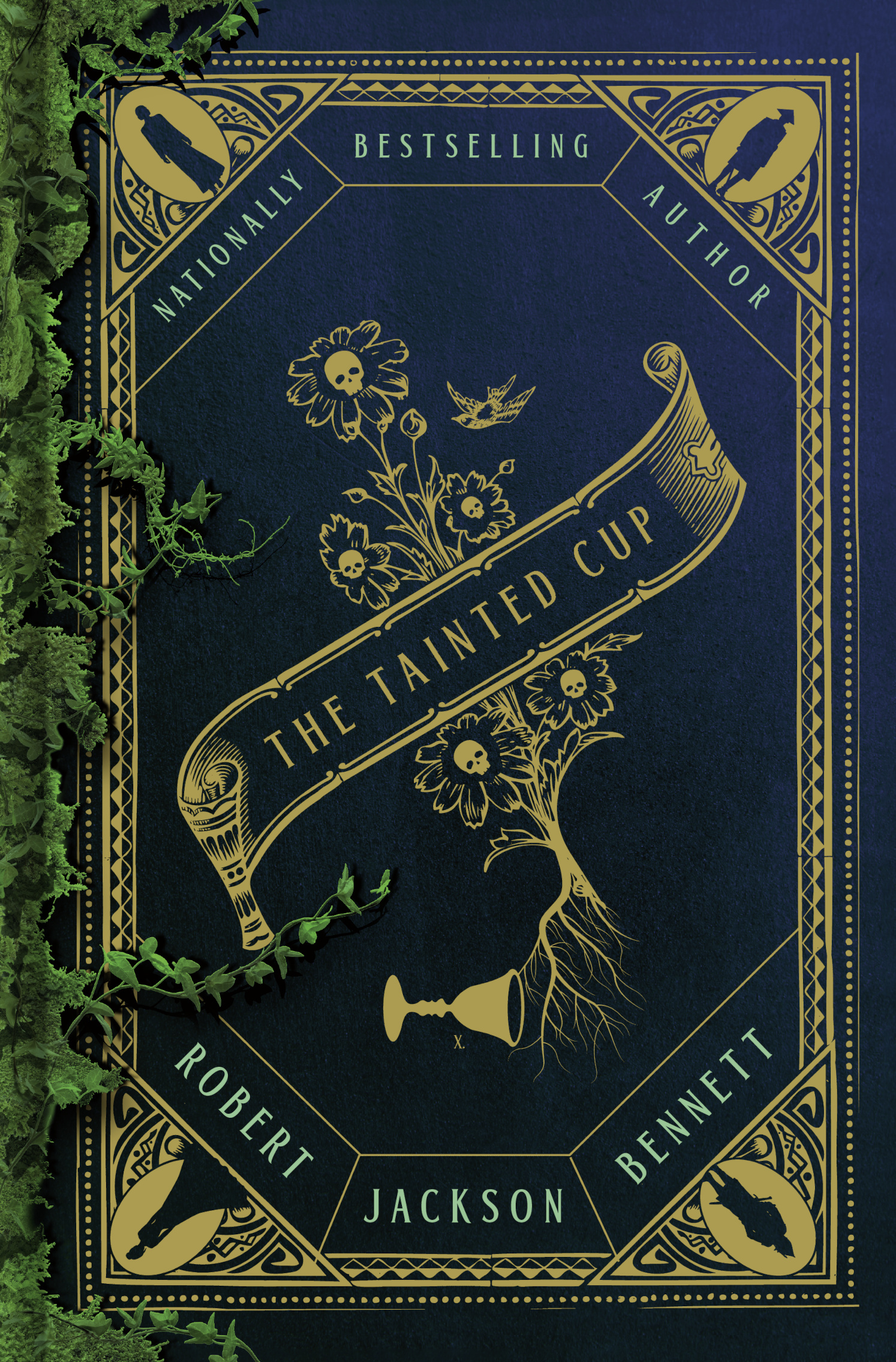
In Daretana’s greatest mansion, a high imperial officer lies dead—killed, to all appearances, when a tree erupted from his body. …